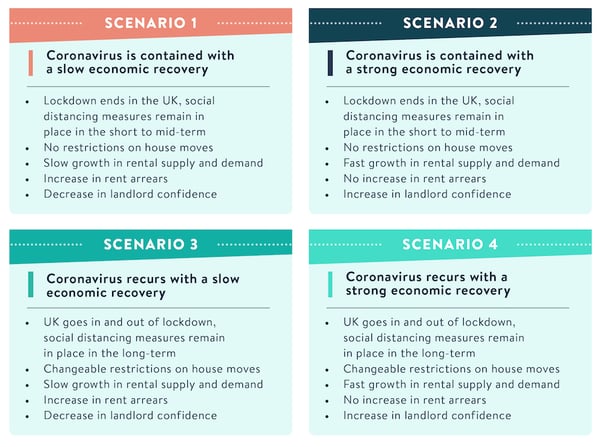Days
Hours
Minutes
Seconds
May 1 2026 - Renters' Right Act Commencement Day
You have 0 days to:
Serve any final Section 21 notices
Stop accepting above-asking rent offers
Prepare for the rental bidding ban
Remove “No DSS” from adverts
Remove “No Children” from listings
Show one clear rent price
Stop using fixed-term agreements
Switch to periodic tenancy templates
Check which tenancies go periodic
Stop taking rent before signing
Take no more than one month’s rent
Move all evictions to Section 8
Train staff on new notice rules
Create Section 13 process flow
Add two months to rent reviews
File court claims for Section 21s
Update landlord move-in grounds
Update landlord selling grounds
Send the RRA Information Sheet
Create written terms where missing
Update How to Rent processes
Review tenant screening questions
Update pet request processes
Stop backdating rent increases
Discuss rent protection backbooks
Act now before it is too late...
4 scenarios for the future and why your agency should plan for all of them
In a highly uncertain environment, agencies will need to think differently about the future and plan for different scenarios. Goodlord lays out four versions of the future of the lettings industry.
The Goodlord team
Jun 10, 2020
The consensus is clear: if you want your business to survive and thrive in the post-pandemic world, you need to be planning for multiple versions of the future. Don’t assume that just because we’ve come through the peak of COVID-19, it can’t happen again. Any plans for your agency in the short, medium, and long-term should reflect the ambiguity ahead.
In this highly uncertain environment, businesses need to think differently about how they plan. "Scenario analysis is the best technique to allow companies to test the resilience of their operations and finances against a range of plausible shocks,” advises the EY ITEM Club, a leading UK economic forecasting group. “This analysis should be designed to reflect the scale of each shock, with the reboot reflecting the approach taken to the relaxation of the lockdown, and the likely future state and how close to historic trend growth the economy recovers to, and in what time frame.” What could these scenarios look like for the lettings industry?

You will need consider what your letting business would need to do differently in order to succeed in each of these scenarios, including what capabilities, partnerships, segments, and workforce strategies you need to learn more about. How many scenarios should you plan for? At least four, advise the experts at McKinsey. “If you only have three, it is all too tempting to default to a middle option as the base case”. It might seem like a lot of groundwork, but it will help to ensure that your lettings business is prepared for every scenario and, as a result, more resilient, in the long run.

“Contingency planning is having the ability to not focus too inwardly on the immediate all the time and making sure you're aware of what's going on outside your agency,” says Tim Leffler of Ezytrac Property Group. He says that the group will continue to set out contingency planning and training as it prepares for the future - safe in the knowledge that the agency has already successfully adapted once. “Something like this could happen again. I think there's always going to be the risk of the virus coming back to bite us again - but we can take confidence knowing that we can already adapt to operate this way.”





